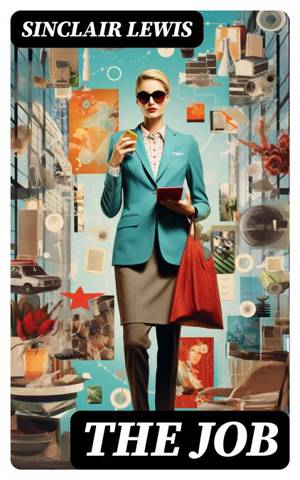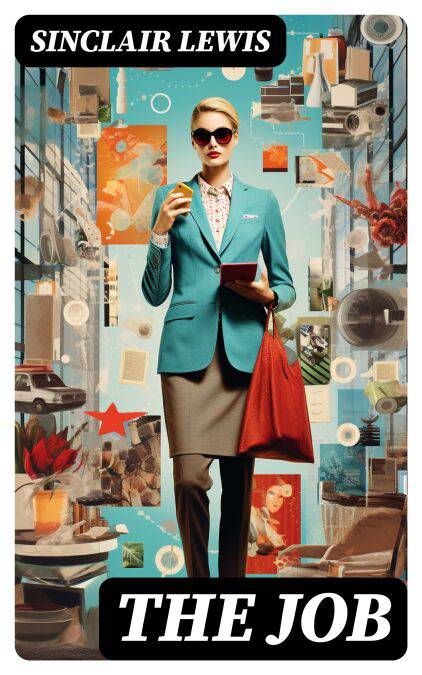
- Afhalen na 1 uur in een winkel met voorraad
- Gratis thuislevering in België vanaf € 30
- Ruim aanbod met 7 miljoen producten
- Afhalen na 1 uur in een winkel met voorraad
- Gratis thuislevering in België vanaf € 30
- Ruim aanbod met 7 miljoen producten
Zoeken
The Job E-BOOK
The Struggles of an Unconventional Woman in a Man's World
Sinclair Lewis
E-book | Engels
€ 1,99
+ 1 punten
Uitvoering
Omschrijving
In "The Job," Sinclair Lewis crafts a poignant exploration of ambition, identity, and societal constraints through the life of the protagonist, a woman navigating the complexities of the business world in early 20th-century America. With Lewis's characteristic sharp wit and keen social observations, the narrative delves into the struggles faced by female professionals, skillfully intertwining elements of realism and modernist techniques to create a compelling portrait of gender and class dynamics. The work stands out in the context of Lewis's oeuvre, as it addresses themes of individual aspiration against the backdrop of an increasingly industrialized society, marking it as a precursor to later feminist literature. Sinclair Lewis, the first American to win the Nobel Prize in Literature, was deeply influenced by the social milieu of his time. His experiences with small-town life, higher education, and encounters with the emerging corporate culture profoundly informed his critique of American values. "The Job" reflects Lewis's commitment to shedding light on the struggles of marginalized voices, particularly women seeking personal and professional fulfillment amid restrictive societal norms, illuminating the challenges of pursuing autonomy in a patriarchal landscape. This novel is a must-read for those interested in the intersections of gender, class, and ambition. Lewis's keen observations offer timeless insights into the human condition, making "The Job" an essential addition to the modern literary canon. Readers will find in this work not only a tale of personal struggle but also an enduring commentary on the evolving nature of work and identity in America.
Specificaties
Betrokkenen
- Auteur(s):
- Uitgeverij:
Inhoud
- Aantal bladzijden:
- 252
- Taal:
- Engels
Eigenschappen
- Productcode (EAN):
- 8596547754602
- Verschijningsdatum:
- 15/12/2023
- Uitvoering:
- E-book
- Beveiligd met:
- Digital watermarking
- Formaat:
- ePub

Alleen bij Standaard Boekhandel
+ 1 punten op je klantenkaart van Standaard Boekhandel
Beoordelingen
We publiceren alleen reviews die voldoen aan de voorwaarden voor reviews. Bekijk onze voorwaarden voor reviews.











